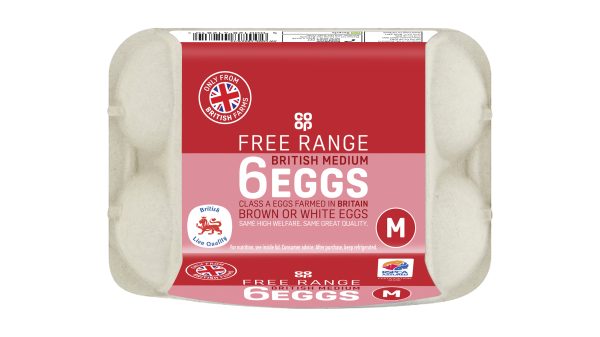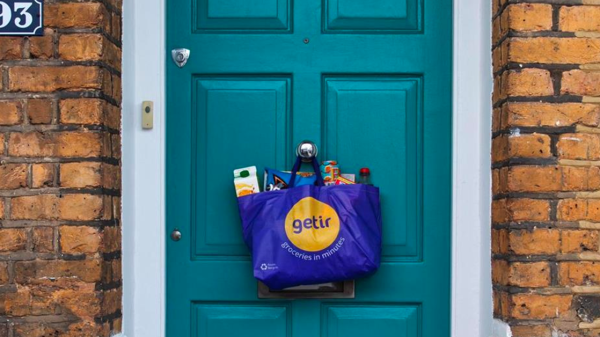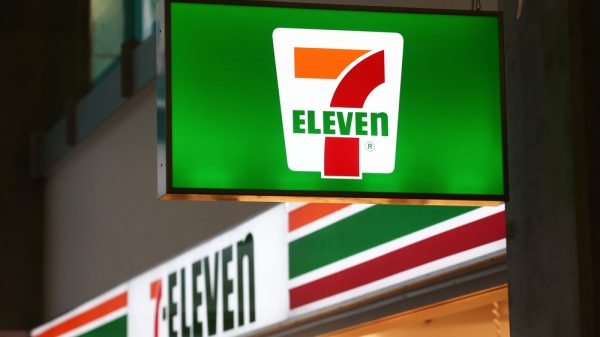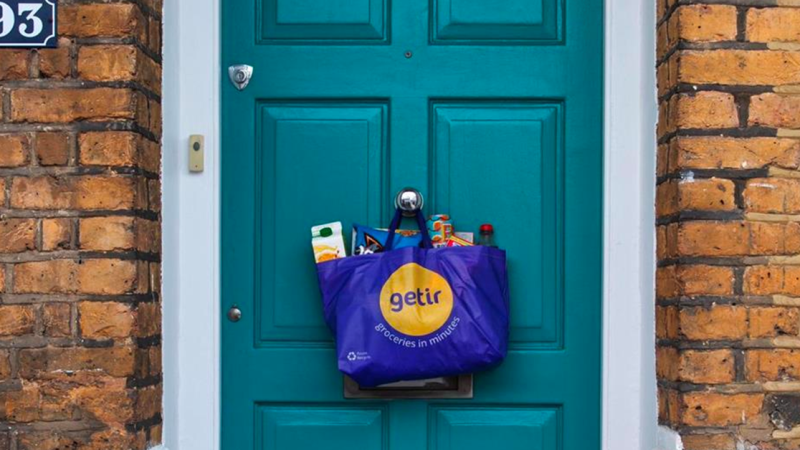Aimed squarely at big kids who still have a sweet tooth, unusual flavours like ‘Orchard Apple and Dragonfruit’ and ‘Blood Orange Pomegranate’ have helped vegan sweet brand Candy Kittens earn its gourmet title since its initial launch just over a decade ago.
Created by co-founders Jamie Laing (of Made in Chelsea fame) and Ed Williams, the past ten years have seen Candy Kittens sweets become increasingly popular, now appearing in major supermarket confectionery aisles, from Tesco to Waitrose.
The first sweet brand to be a certified B-Corp – the entire Candy Kittens range is free from palm oil, contains no gelatine and comes in carbon-neutral, recyclable packaging.
While it continues to solidify its position as an indulgent, ethical treat, Candy Kittens is also one of many brands to be affected by the recent HFSS legislation which has turned the sweet and snacking category upside down.
Aiming to limit obesity levels across the UK, the government introduced restrictions on 1 October, banning products high in fat, salt or sugar (HFSS) from store entrances, gondola ends and checkouts across the UK’s retail and convenience sectors.
For brands which – like Candy Kittens – are not HFSS-compliant, these new rules make accessing key store locations impossible.
However, co-founder and managing director Ed Williams sees the legislation as an “exciting opportunity” telling Grocery Gazette how this will help to “create a more level playing field” across the whole confectionery industry.
Levelling the confectionery playing field
While the HFSS regulations are still fresh for the world of chocolate, biscuits, sweets and crisps, managing the effects remains something of a learning curve. For smaller brands, competing with big names such as Haribo and Cadbury was a challenge long before the added pressures of health legislation came into play.
“Big brands are often put in the best places in store and its very, very difficult for anyone new to come in,” Williams points out, emphasising that “big leaders of the confectionery world” have the time, money and brand-awareness behind them to secure these prime positions.
He says that, by buying up the aisle ends and other promotional spots, these household names were often essentially “dictating to the consumer what is right for them to be eating and what they should be buying”.
“Actually, as consumers, I think we have a lot less choice than we realise,” he continues. “Products are positioned in a way that makes them seem the right thing to buy; we pop something in the basket without even realising what could be behind it.”
However, while some suppliers have reformulated their products to comply with the new restrictions, many others have not, resulting in a “level playing field” being created across both big and small brands, a notion Williams describes as “the democratisation of sweets”.
“Once Candy Kittens is sitting side-by-side with Haribo or whoever else, whether this is at the back of a store or on a normal shelf, it’s up to the consumer to choose which is the best brand.”
HFSS vs the consumer
Non-compliant and with no intention to be, Candy Kittens’ prime focus is on its customers. Williams says that the brand didn’t want to “tick a box” by reformulating its sweets, as research shows that is not what consumers are looking for.
Across the board, he says that – while many retailers and brands haven’t quite figured out what HFSS means for them – the most important thing for Candy Kittens is putting the consumer first.
“I don’t think there are many examples that you can show me where a consumer is buying a product based on some government legislation,” says Williams. “I think they buy the products they want to consume.”
In the short-term, instore reorganisations that make HFSS products less visible are still likely to be challenging for brands without the familiarity or popularity of a global conglomerate.
However, Williams believes that long lasting effects are more likely to cause difficulties among brands reformulating their products. He says that, “our knowledge and expectation is that you might see people initially have the uptake, but those sales won’t last very long.”
He points to Diet Coke as an example, saying: “While it is a big part of the soft drinks category, there’s a reason why full fat coke still exists.”
The future of confectionery
While current legislation has already altered store layouts, this is only the beginning of the clampdown on HFSS products.
In October 2023, multibuy deals on HFSS products such as three for two or buy one get one free promotions will also be banned, swiftly followed by the final round of regulations in January 2024 when HFSS TV ads before 9pm and paid-for adverts online will no longer be allowed.
As a result of these restrictions as a whole, impulse buying will be less common; something which Williams describes as “a challenge” in itself. He says the hope is that the marketing work that Candy Kittens does online via its own website and social media will still allow it to “capture that audience in a less traditional kind of context.”
However, despite the difficulties thrown in the direction of the gourmet confectionery brand, Williams says Candy Kittens won’t be changing its core values as, ultimately, being an indulgence “still involves having sugar in the product”.
While Candy Kittens has been able to find some positives in the changes being faced by the sector, Williams says that HFSS restrictions are “not very constructive”, slow everybody down and ultimately ends up costing the consumer more money.
“We’re not big fans of HFSS – although I think I probably speak for every confectionery brand when I say that,” Williams concludes.
“It’s a big learning curve for us and it’s really all about the consumer and that’s why we’re championing what the consumer wants and what they would like us to do as a brand. We’re not going to be making decisions about our sweets based on a new piece of legislation.”










